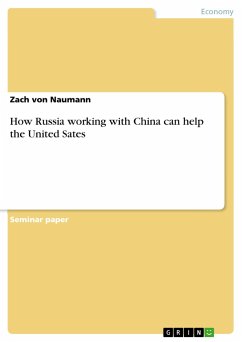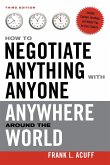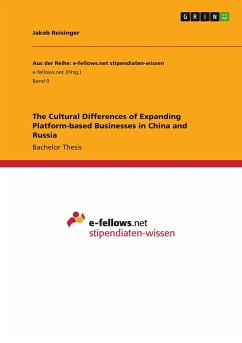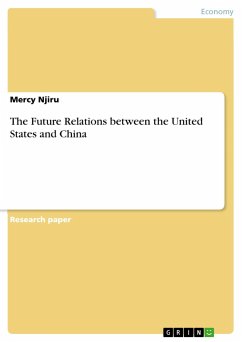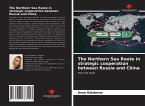Seminar paper from the year 2012 in the subject Economics - International Economic Relations, , language: English, abstract: The United States has thus far viewed China's recent developmental explosion with suspicion and paranoia, in line with the aging Cold-War era realist perspective. However, as this perspective becomes a hindrance to closer cooperation and economic growth for both nations, a new outlook must be constructed in order to reflect modern realities and further global development. I will argue that current popular opinion and official national interests, in both the United States and China, favor a constructivist approach to relations, which should be implemented in order to benefit both nations. Constructivism offers a new way to view U.S.-Chinese relations and possesses the capacity to help forge innovative pathways of cooperation between both nations that would not only be mutually beneficial, but would also progress the entire modern world. In the United States,we already have a high level of economic interconnectivity with China, thus the strengthening of our relationship and the surmounting of realist fears should, theoretically, be more easily attainable. I will demonstrate that the domestic political climate in the United States is ripe for a shift in foreign policy, and if the U.S. were to publically open itself in a similar fashion as Russia to a higher level of cultural exchange with China in order to increase understanding and ease tensions, there is historical evidence that China would follow suite and in turn open itself to the United States.

